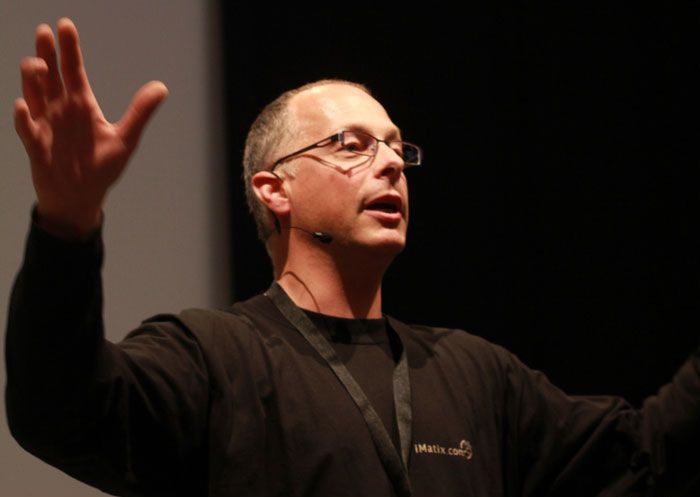Building Online Communities (Pieter Hintjens)

In his book "The Wisdom of Crowds," James Surowiecki wrote, "under the right circumstances, groups are remarkably intelligent, and are often smarter than the smartest people in them." He noted that a collective intelligence usually produces better outcomes than a small group of experts, even if members of the crowd do not know all the facts or choose, individually, to act irrationally.
To put it another way, a group of random people will on average be smarter than a few experts. It's a counterintuitive thesis that mocks centuries of received wisdom. Experts in the field of human intelligence (sociologists, anthropologists, psychologists) did not embrace Surowiecki's opinions. He went further: adding more experts to an expert group will make it stupider, while adding laymen could make a stupid group smarter again. Like any recipe, it only works in specific circumstances.
I discovered Surowiecki when I started working on a reproducible recipe for building communities. His work immediately resonated with what I'd experienced, and it seemed testable. I had both the opportunity to apply it, and to experiment with enough communities to try to disprove it: the basis, thus, for real science.
Out of that work came a process for building smart, self-guiding, successful on-line communities that could beat expert groups every time. It is a discipline I named Social Architecture, which for a while let me call myself a "Social Architect." (Today, I'm a struggling writer, which sounds more romantic.)
Social Architecture, by analogy with conventional architecture, is the process and the product of planning, designing, and growing an on-line community. Social Architectures in the form of on-line communities are the cultural and political symbols and works of art of digital society. The twenty-first century will be identified with its surviving Social Architectures.
As Social Architects, we participate in communities, we identify successful naturally occurring patterns or develop new patterns (which I call "tools"), and we apply these deliberately to our own projects. We apply psychology (our social instincts), economics (how we create common wealth through specialization and trade), politics (how we collect and share power), and technology (how we communicate). We continually adapt our toolkit based on new knowledge and experience. Our goal is to create on-line communities that can and do accurately solve the problems we identify, grow healthily, and survive on their own.
Successful on-line communities tend to be based on the contract of mutual benefit, whether implicit or explicit. That is, it is possible to build a billion dollar business based on volunteer labor, with every participant contributing for selfish reasons. Often, participants do not realize or care that they are part of a community. However, every action we take is economic. "Crowd sourcing" is the exploitation for profit of volunteer labor. And it only works when the crowd really wants to solve the problems you throw at it, or the ones it discovers.
(...)
